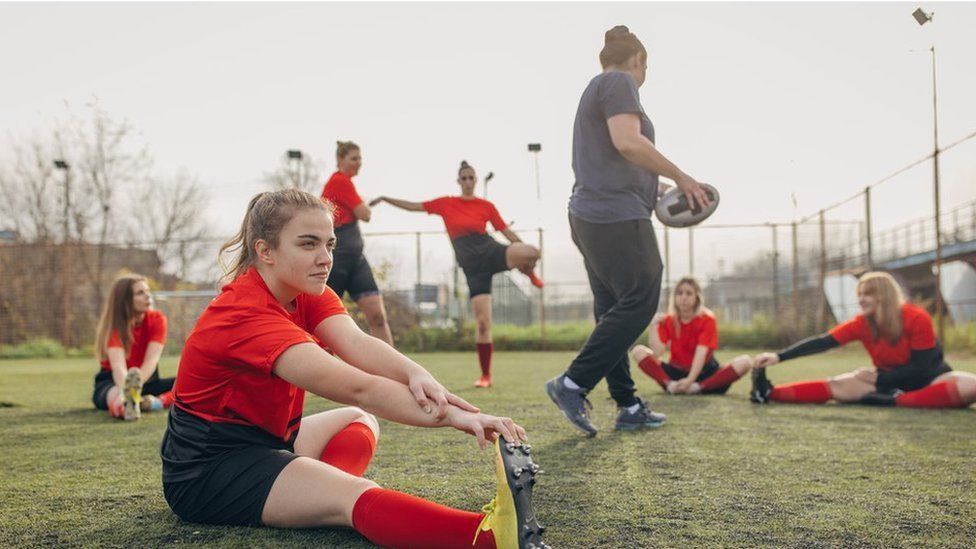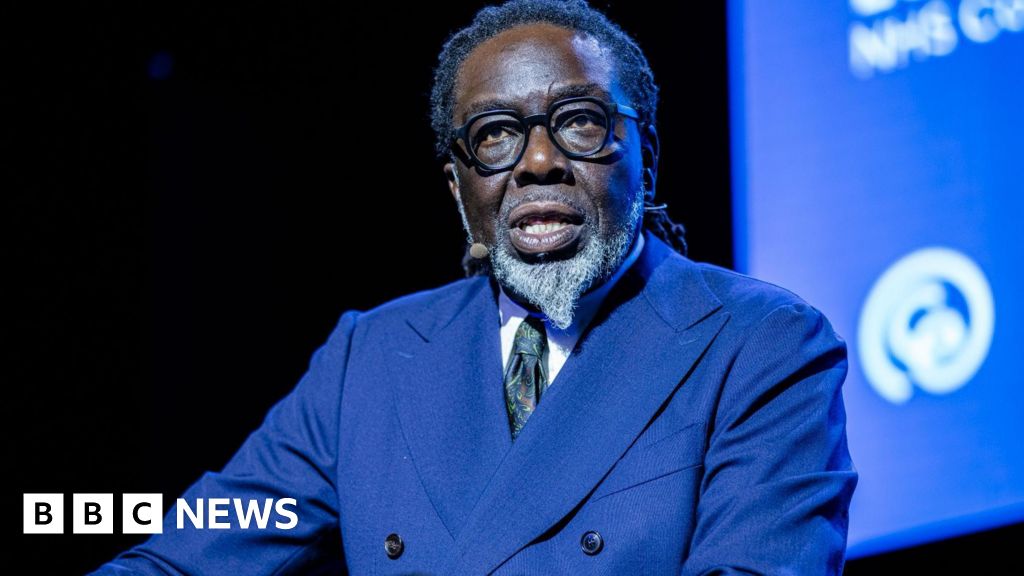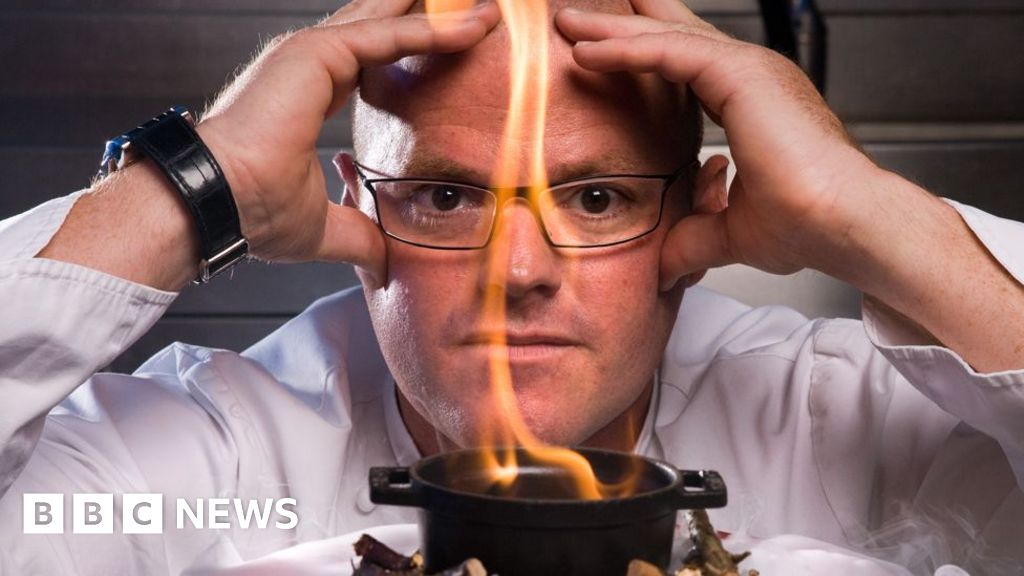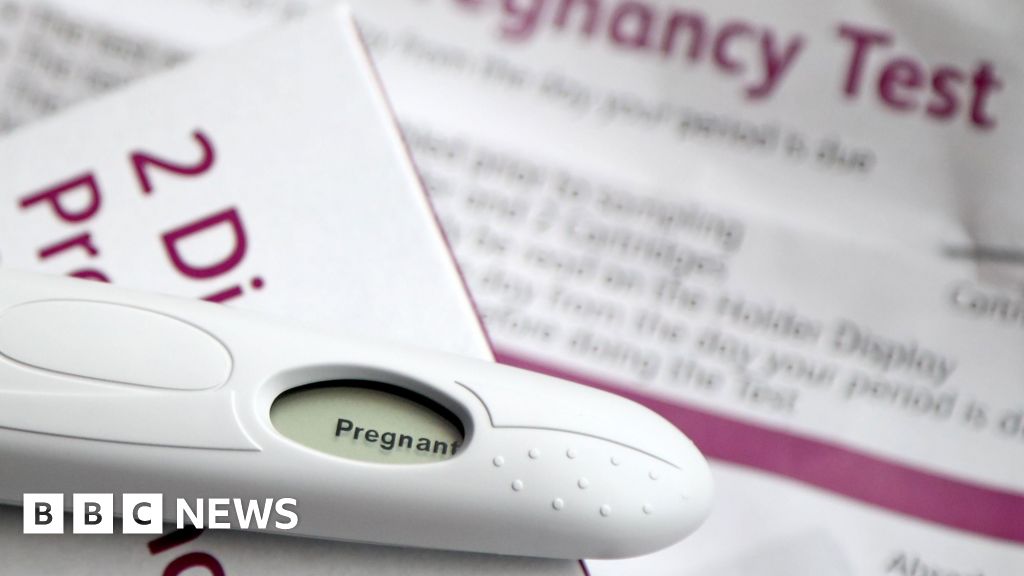ARTICLE AD BOX
 Image source, Getty Images
Image source, Getty Images
By Dan Roan
BBC sports editor
Cuts to the number of hours England's secondary school pupils spend doing physical education and sport "should be a matter of immediate national concern", the Youth Sport Trust says.
Figures released by the government show 4,000 hours were lost in state-funded schools in the last academic year.
There has also been a 12% drop since the 2012 London Olympics.
The children's charity says the latest data reveals a "further threat to the wellbeing of young people".
In March, the government announced that schools in England would be required to deliver a minimum of two hours of PE per week, and ensure equality of access to sport for girls and boys.
More than £600m of funding is to be delivered over two academic years.
Members of England's Euros-winning women's football squad - who on Sunday finished runners-up in the World Cup - campaigned for all girls to have equal access to school PE.
The team highlighted that only 63% of girls could play football in PE lessons, according to a Football Association (FA) campaign published last year.
A report by England Football, part of the FA, said only 44% of secondary schools in England offered girls equal access to football in PE lessons.
The latest government figures reveal that 326,277 hours of PE and sport were delivered in secondary schools in England in in 2011/12.
That had fallen to 290,033 in 2021/22 and then to 285,957 in the last 12 months.
YST chief executive Ali Oliver MBE, said: "Fewer than half of children in the UK currently meet 60 minutes a day of moderate to vigorous physical activity which is the chief medical officers' minimum recommended level.
"This is contributing to a nation where too many children are missing out, have poor wellbeing and lack a sense of belonging. The evidence is clear: unhappy and healthy children do not learn and just this week we are seeing proof of this as high levels of persistent absence and mental ill health have been cited as undermining pupils' GCSE results."
In December, funding agency Sport England said children and young people's activity levels had recovered to pre-pandemic levels, with 47% of children meeting recommended activity level. But in April it also revealed there were nearly half a million fewer active young people, aged 16-34, than six years ago.

 1 year ago
42
1 year ago
42








 English (US) ·
English (US) ·